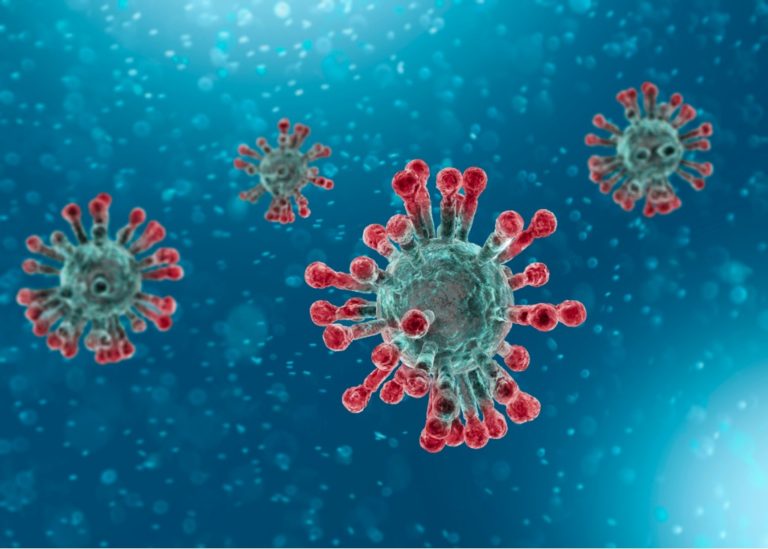Theories of Pathogenesis
There are several theories on how COVID can lead to so much dysregulation and dysfunction in the body, including persistent reservoirs of SARS-COV2 viral infection or ‘remnants’ of viral products, reactivation of other chronic viral infection such as Epstein-Barr virus (EBV) and human herpesvirus 6 (HHV-6), immune dysregulation and polarizations, and the induction of autoimmunity. There is also evidence of negative impacts of SARS-CoV-2 on the gut microbiome with some studies showing the composition of the gut microbiome may reflect disease severity and dysfunctional immune responses in COVID-19 patients. Other studies show vagal nerve and brainstem dysfunction leading to autonomic nervous dysfunction (dysautonomia). There are also many studies showing that the direct damage to tissue from the inflammation and oxidative stress caused by the viral infection leads to permanent scarring and tissue damage.

Functional Medicine looks first and foremost at the patient’s current immune health status including the status of the innate immune system, signs of immune dysregulation and polarizations, imbalances in the gut microbiome, including bacterial and fungal overgrowths, excess oxidative stress and inflammation, mitochondrial function and environmental toxins (including mycotoxins) that may be impacting immune health.
In Functional Medicine, we tailor our approach to the needs of each individual. Emphasis on each of these areas depends on the current health status of the individual and any concurrent health issues.
Therapeutic strategies may include:
Milpitas: 408-262-6606
1649 S. Main Street, Ste. 102
Milpitas, CA 95035
Oakland: 510-350-8082
6232 La Salle Ave
Oakland, CA 94611